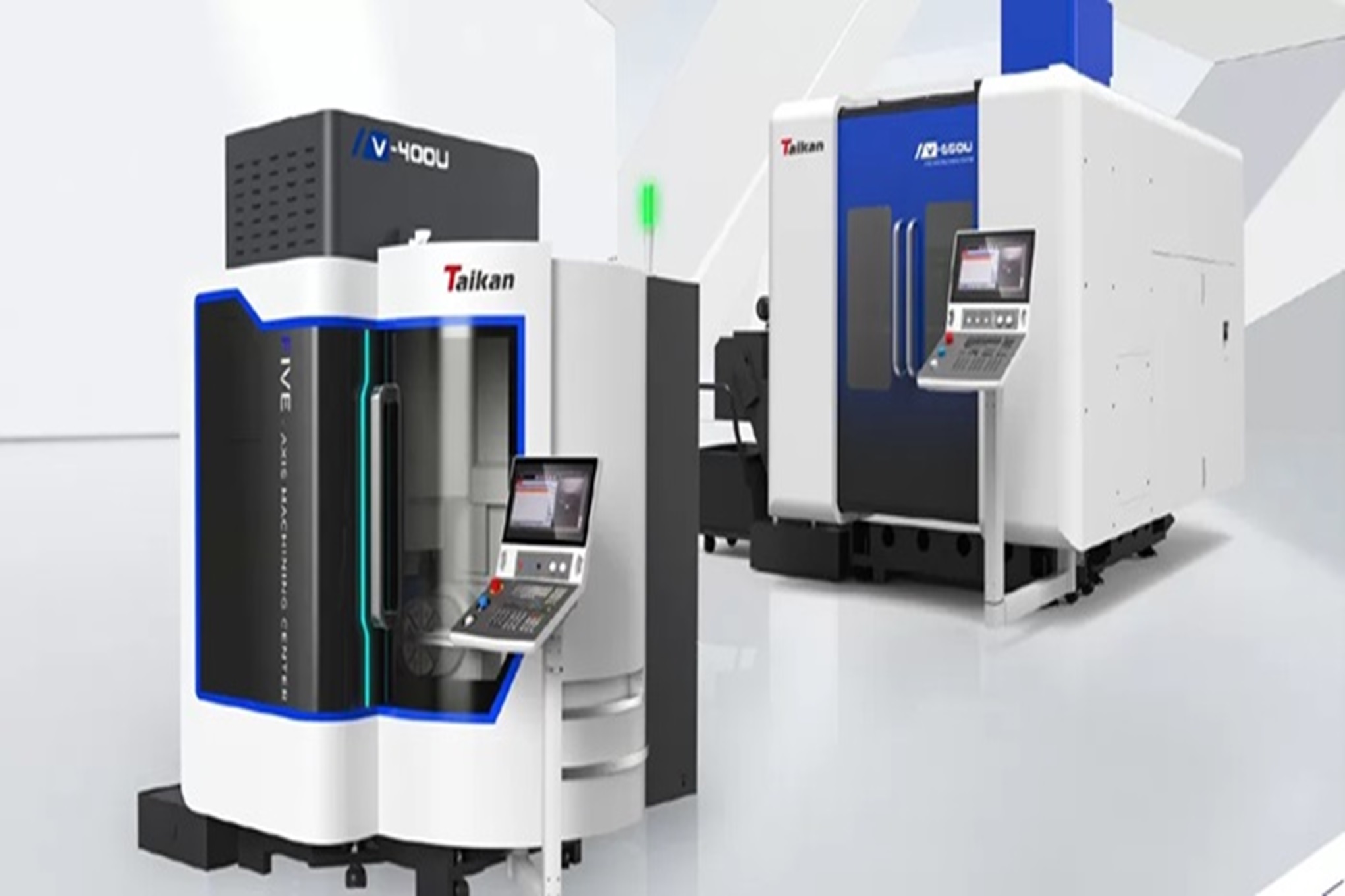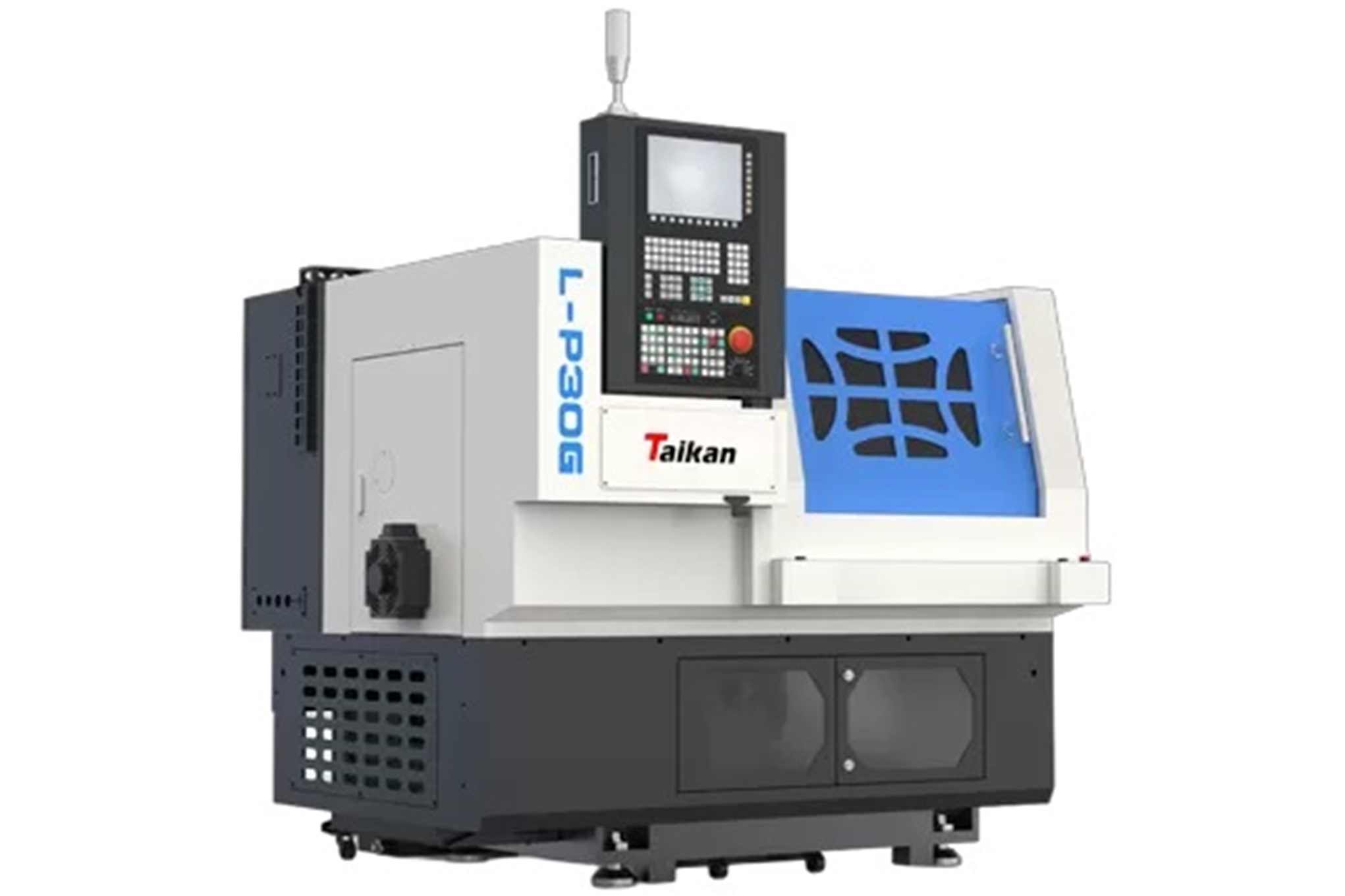In the realm of high precision CNC machining, the versatile CNC lathe stands as a cornerstone for creativity and precision. From small startups to large-scale manufacturers, the capabilities of a CNC lathe empower industries to create intricate designs and complex parts. This article explores the potential of CNC lathe machines for sale, their applications in various industries, and the intricacies involved in material and design choices. Whether you're an enthusiast looking to understand the machine's potential or a business scouting for a quality CNC lathe, this guide offers a comprehensive look into the possibilities, benefits, and innovations associated with CNC turning.
Basic Parts and Prototypes
The heart of any CNC lathe operation lies in its ability to craft basic parts and prototypes with unmatched precision. From the straightforward production of shafts and pins to complex assemblies like bearing housings and couplings, the precision CNC milling provided by these machines is unparalleled. Here's a simplified table showcasing typical parts produced:
Component | Common Materials | Application |
Shafts | Steel, Aluminum | Automotive, Aerospace |
Couplings | Brass, Bronze | Industrial Machinery |
Bearings | Stainless Steel | Engineering Applications |
When contemplating cnc machine cost, it's essential to consider the machine's flexibility in material handling and its adaptability in prototype development.
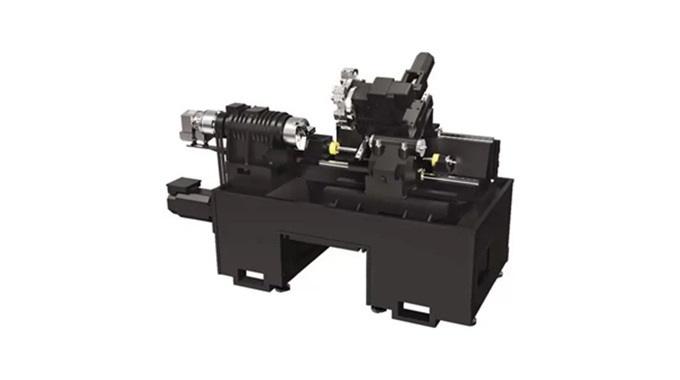
Industrial Applications
The industrial applications of a CNC lathe are vast, touching sectors ranging from cnc aerospace machining to high-end manufacturing processes. Its ability to create detailed and robust parts makes it indispensable in several fields:
CNC machining for aerospace: Crafting jet engine components with high precision.
Glass engraving equipment: Engineering smooth and intricate glass designs.
Horizontal lathe operations: Facilitating large-scale machining projects.
As demands for cnc aerospace machining grow, understanding the versatility of swiss lathe machines becomes crucial for maintaining high standards and enhancing operational efficiency.
Materials Compatibility
A CNC lathe offers material compatibility that broadens its scope for diverse applications. Whether working with metals like titanium and stainless steel or non-metals like plastics and composites, these machines deliver performance and reliability. The following table outlines typical material compatibility:
Material Type | Strength & Durability | Common Uses |
Titanium | High strength-to-weight ratio | Aerospace parts |
Plastic Composites | Lightweight and flexible | Automotive interiors |
Stainless Steel | Corrosion-resistant | Medical instruments |
Vertical machining center and horizontal machining center configurations further enhance material handling capabilities, offering superior adaptability to evolving industrial needs.
Design Tips for CNC Turning
Successful CNC lathe projects begin with thoughtful design considerations. Here are essential tips to optimize your designs:
Cross-compatible Dimensions: Ensure that the design allows for interchangeability across various vertical machine centers and lathe types.
Material Specifications: Choose materials that enhance your part's functionality without increasing your CNC machine price.
Precision Requirements: Utilize advanced software to manage tolerances accurately, particularly in 5 axis milling machine setups.
Integrating cutting-edge technology, such as the CNC engraver machine, can significantly boost design precision, expanding the scope of high-detail projects.
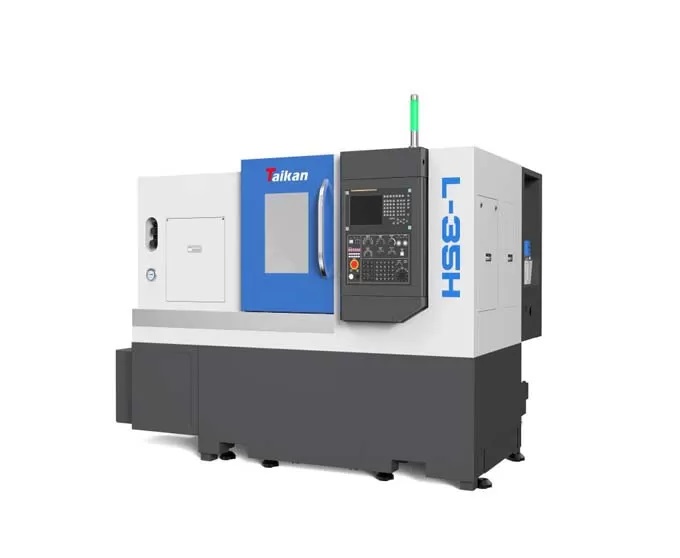
Case Studies of Projects
Case studies illustrate the potential of CNC lathes in real-world applications. Observing successful projects can offer insights into machine capabilities:
Aerospace Component Manufacturing: A leading aerospace firm used a CNC Swiss Lathe to create efficient turbine components, reducing production time and cost.
Automotive Gear Production: By utilizing turning milling techniques, a car manufacturer enhanced gear precision, leading to smoother vehicle performance.
Custom Jewelry Design: Designers leveraged CNC vmc technologies for intricate cuts and superior finishes.
These examples underscore the versatility and economic value of investing in cnc machining centers for diverse industry needs.
In conclusion, the versatility and capability of vertical cnc machines like CNC lathes provide substantial benefits across different sectors. By understanding the detailed production processes, material compatibility, and innovative design potentials, businesses can leverage these machines to maximize output efficiency and achieve higher standards. As industries evolve, the demand for high precision CNC machining grows, underscoring the importance of keeping abreast with the latest advancements and maintaining quality at all stages of production.
For more information, you can explore the following resources:

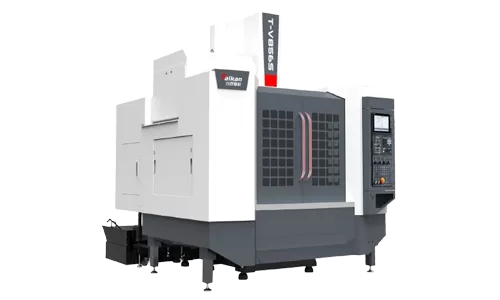
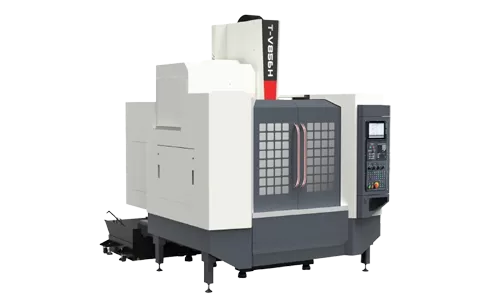
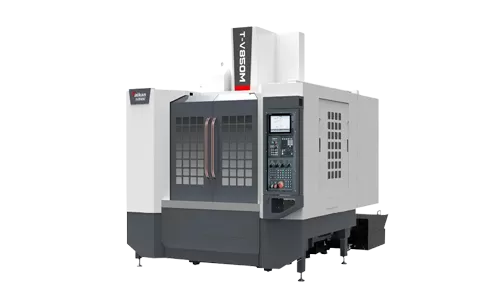
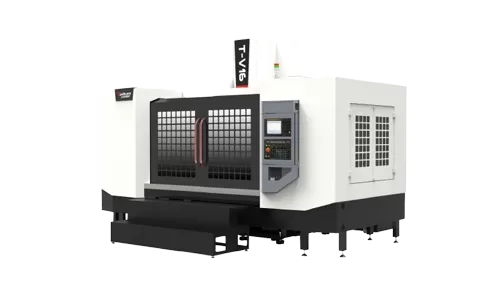
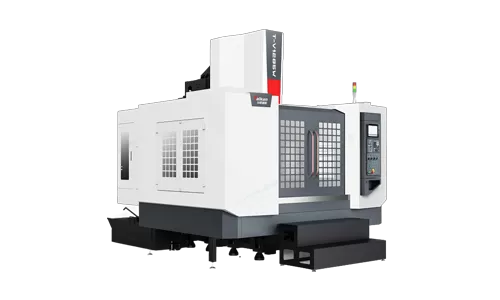
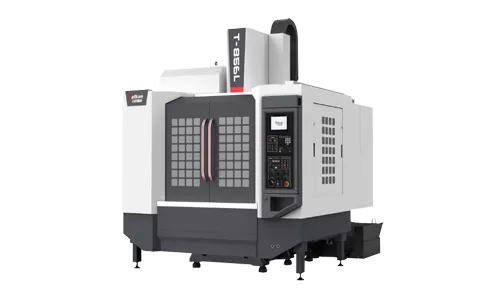
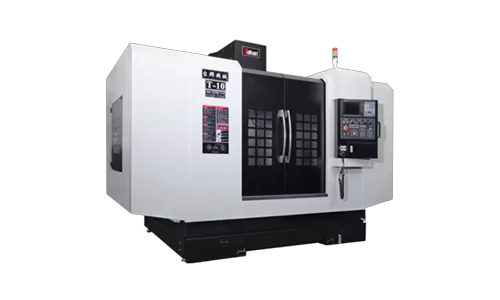
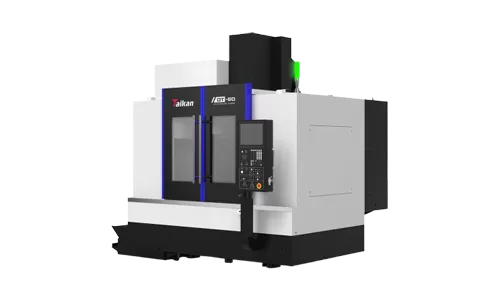
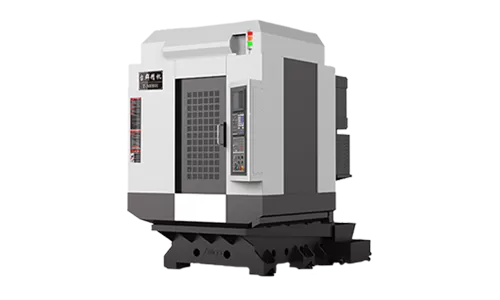
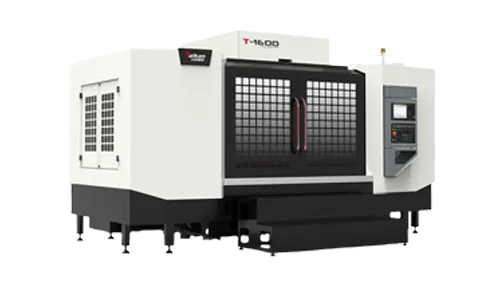
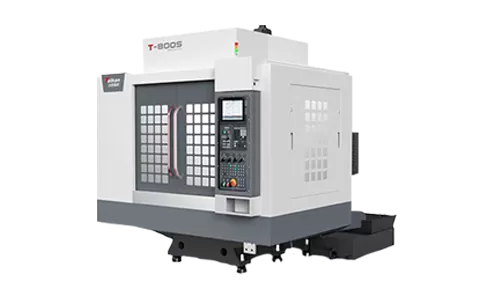
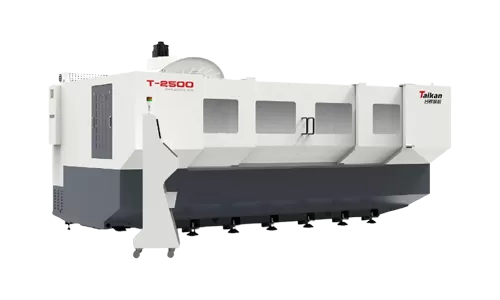
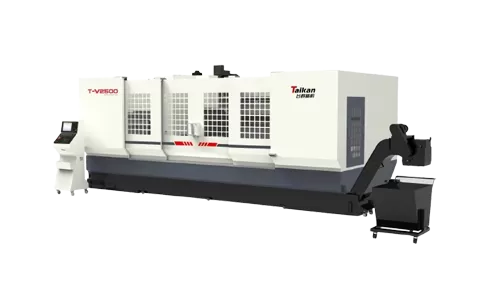
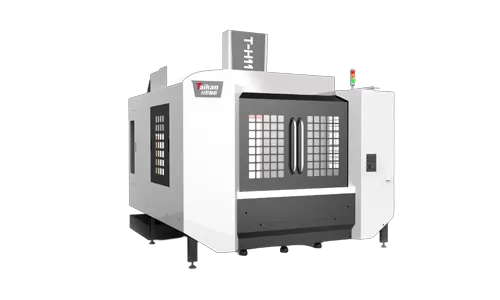
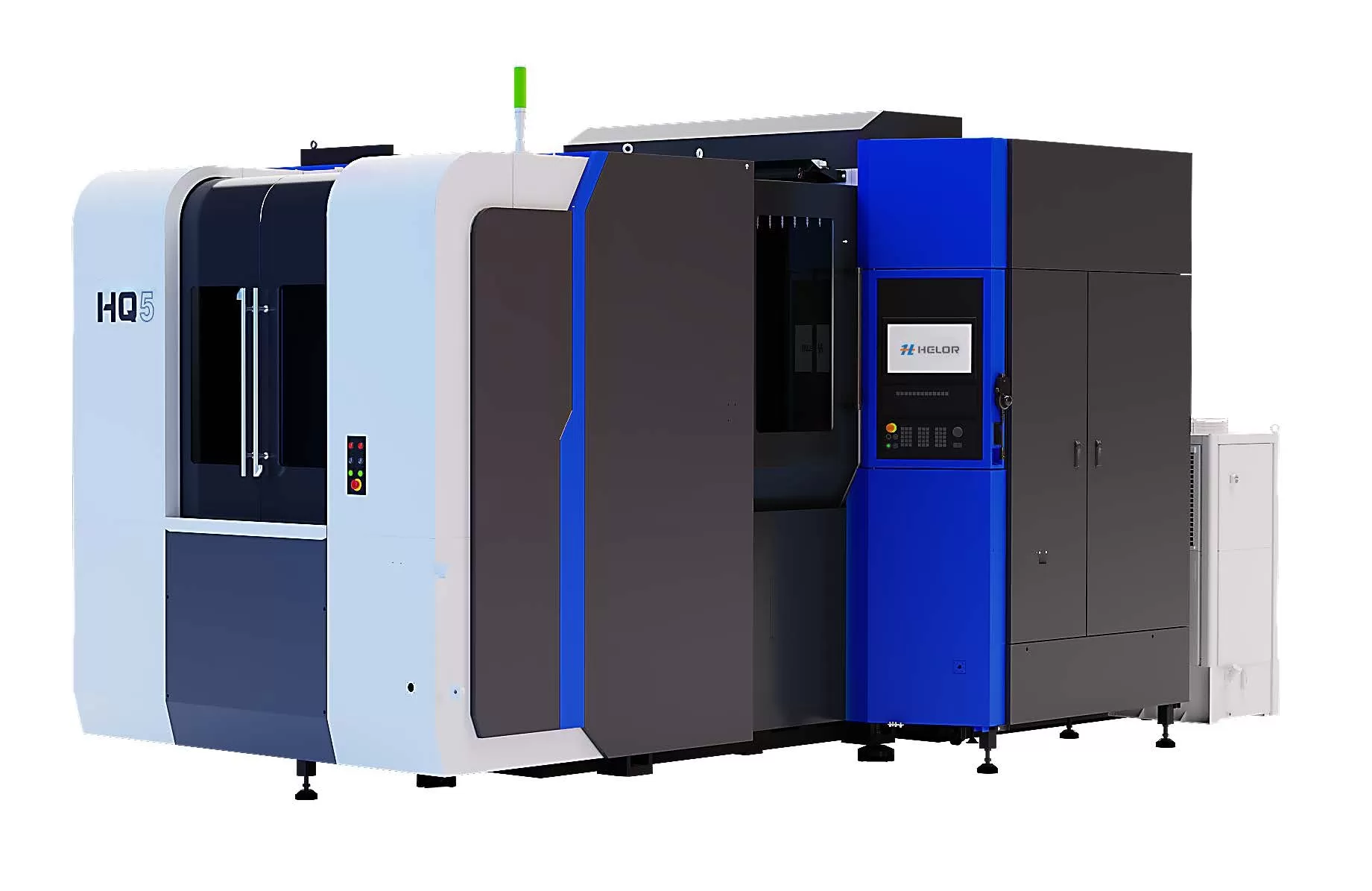
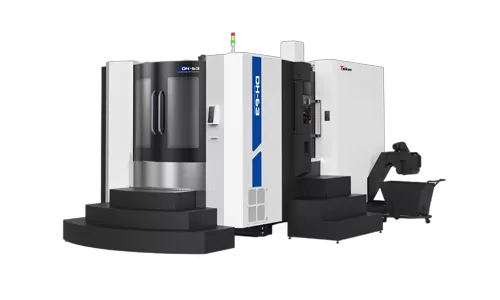
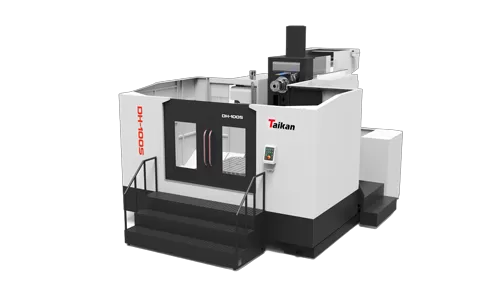
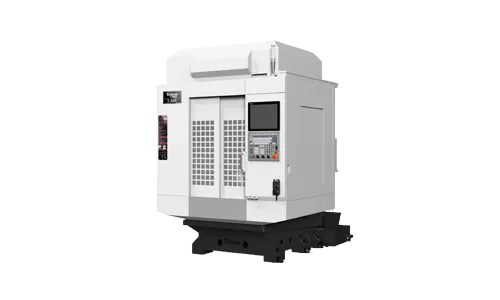
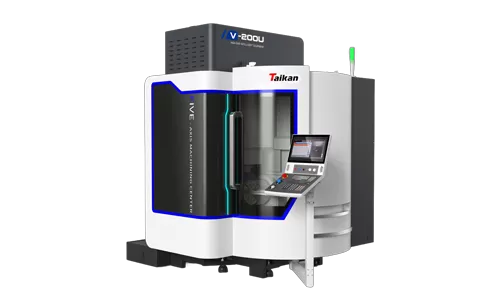
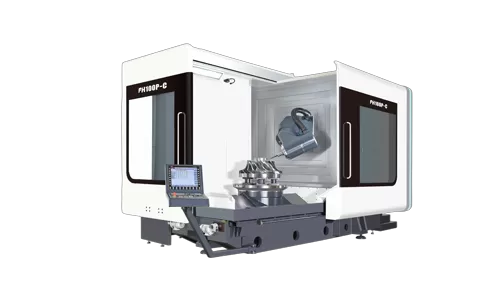
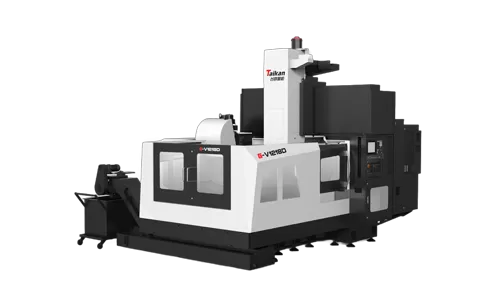
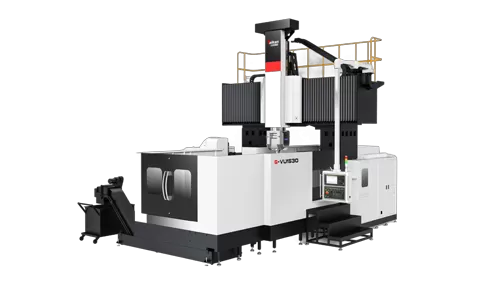
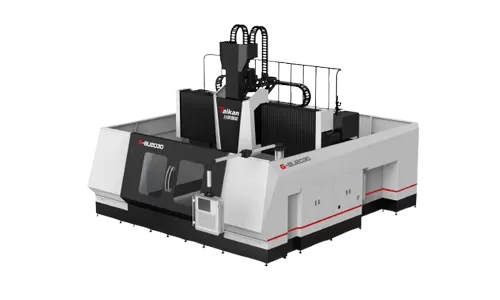
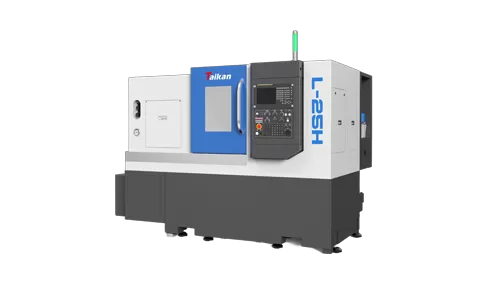
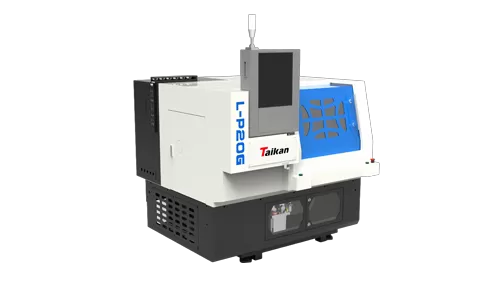

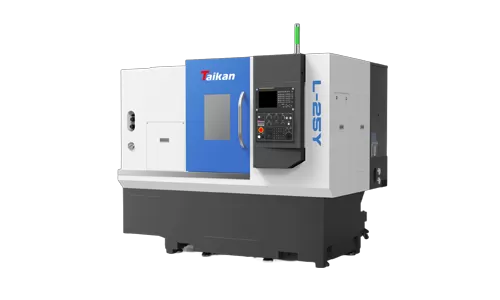
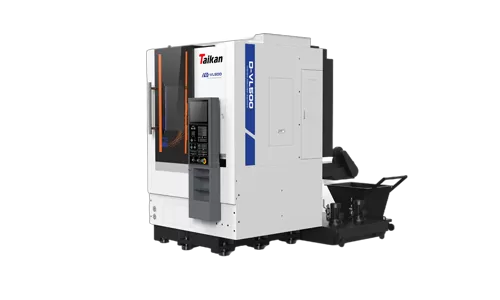
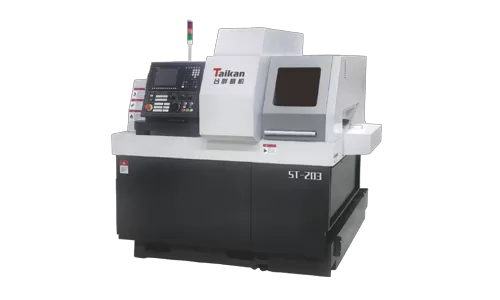
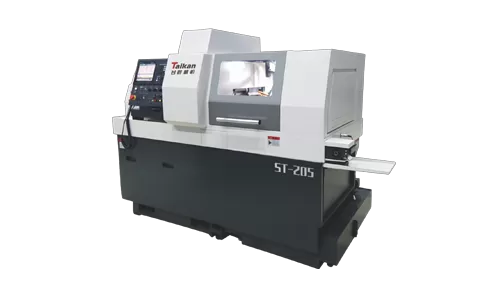
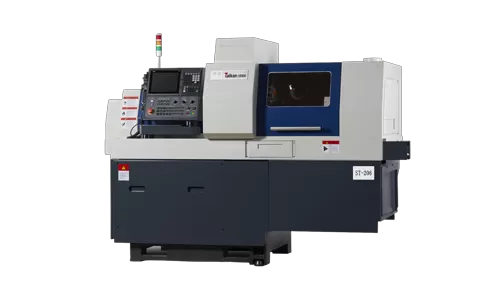 Vertical Machining Center Drilling and Milling Machining Center Profile Machining Center Horizontal Machining Center 5-Axis Machining Center Gantry Machining Center CNC Lathe CNC Swiss-Type Automatic LatheS series Standard Edition with 3-Axis Linear Guide Rails H Series Advanced Edition with 3-Axis Linear Guide Rails M Series Excellent Rigidity T-V Series Light Cutting W Series Hub Machining L Series Two Rails and One Hard Rail T Series 3-Axis Hard Rail DT Series High Precision Vertical Machining CenterB Series Drilling & Milling Machining Center S Series Drilling & Milling Machining Center SE Series Drilling & Milling Machining CenterT Series Moving Column Type & BT30 (Tilt-Disc Tool Magazine) V Series Moving Column Type & BT40 (Tilt-Disc Tool Magazine)T-H11 Horizontal Machining Center HQ5 High Rigidity Horizontal Machining Center DH-63 Horizontal Machining Center DH-100S Horizontal Machining CenterT-U Series 5-Axis Tapping Machining Center V-U Series Vertical 5-Axis Machining Center FH Series 5-Axis Milling and Turning Machining CenterG-V Series 3-Axis Linear Guides G-VU Series 5-Axis Gantry Machining Center G-BU Series Bridge 5-Axis Gantry Machining Center
Vertical Machining Center Drilling and Milling Machining Center Profile Machining Center Horizontal Machining Center 5-Axis Machining Center Gantry Machining Center CNC Lathe CNC Swiss-Type Automatic LatheS series Standard Edition with 3-Axis Linear Guide Rails H Series Advanced Edition with 3-Axis Linear Guide Rails M Series Excellent Rigidity T-V Series Light Cutting W Series Hub Machining L Series Two Rails and One Hard Rail T Series 3-Axis Hard Rail DT Series High Precision Vertical Machining CenterB Series Drilling & Milling Machining Center S Series Drilling & Milling Machining Center SE Series Drilling & Milling Machining CenterT Series Moving Column Type & BT30 (Tilt-Disc Tool Magazine) V Series Moving Column Type & BT40 (Tilt-Disc Tool Magazine)T-H11 Horizontal Machining Center HQ5 High Rigidity Horizontal Machining Center DH-63 Horizontal Machining Center DH-100S Horizontal Machining CenterT-U Series 5-Axis Tapping Machining Center V-U Series Vertical 5-Axis Machining Center FH Series 5-Axis Milling and Turning Machining CenterG-V Series 3-Axis Linear Guides G-VU Series 5-Axis Gantry Machining Center G-BU Series Bridge 5-Axis Gantry Machining Center
 es
es  pt
pt  ar
ar  tr
tr  fr
fr  de
de  it
it  th
th  vi
vi  pl
pl  ms
ms  hi
hi  id
id  kk
kk 

